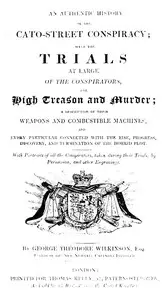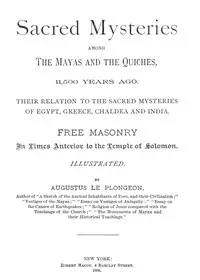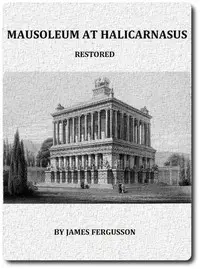"Conspiracy of Catiline and the Jurgurthine War" by Sallust is a historical narrative from the late Roman Republic, exploring the notorious plot led by Catiline against the Roman government through a lens of morality and societal downfall. Catiline is depicted as a complicated individual, fueled by unchecked ambition and a lust for authority amidst the backdrop of mounting political corruption within Rome. The story begins by revealing the intricate political environment of ancient Rome and the motivations that stirred Catiline to assemble a group of immoral followers, outlining his earlier failed conspiracies and his sinister goals to overthrow the Republic and murder key leaders like Cicero, exposing the delicate nature of power dynamics during this era.

Conspiracy of Catiline and the Jurgurthine War
By Sallust
Amidst a decaying Republic, a nobleman with dark ambitions plots treason, stirring political turmoil and threatening to destroy Rome from within.
Summary
About the AuthorGaius Sallustius Crispus, usually anglicised as Sallust, was a historian and politician of the Roman Republic from a plebeian family. Probably born at Amiternum in the country of the Sabines, Sallust became a partisan of Julius Caesar, circa 50s BC. He is the earliest known Latin-language Roman historian with surviving works to his name, of which Conspiracy of Catiline on the eponymous conspiracy, The Jugurthine War on the eponymous war, and the Histories remain extant. As a writer, Sallust was primarily influenced by the works of the 5th-century BC Greek historian Thucydides. During his political career he amassed great and ill-gotten wealth from his governorship of Africa.
Gaius Sallustius Crispus, usually anglicised as Sallust, was a historian and politician of the Roman Republic from a plebeian family. Probably born at Amiternum in the country of the Sabines, Sallust became a partisan of Julius Caesar, circa 50s BC. He is the earliest known Latin-language Roman historian with surviving works to his name, of which Conspiracy of Catiline on the eponymous conspiracy, The Jugurthine War on the eponymous war, and the Histories remain extant. As a writer, Sallust was primarily influenced by the works of the 5th-century BC Greek historian Thucydides. During his political career he amassed great and ill-gotten wealth from his governorship of Africa.














